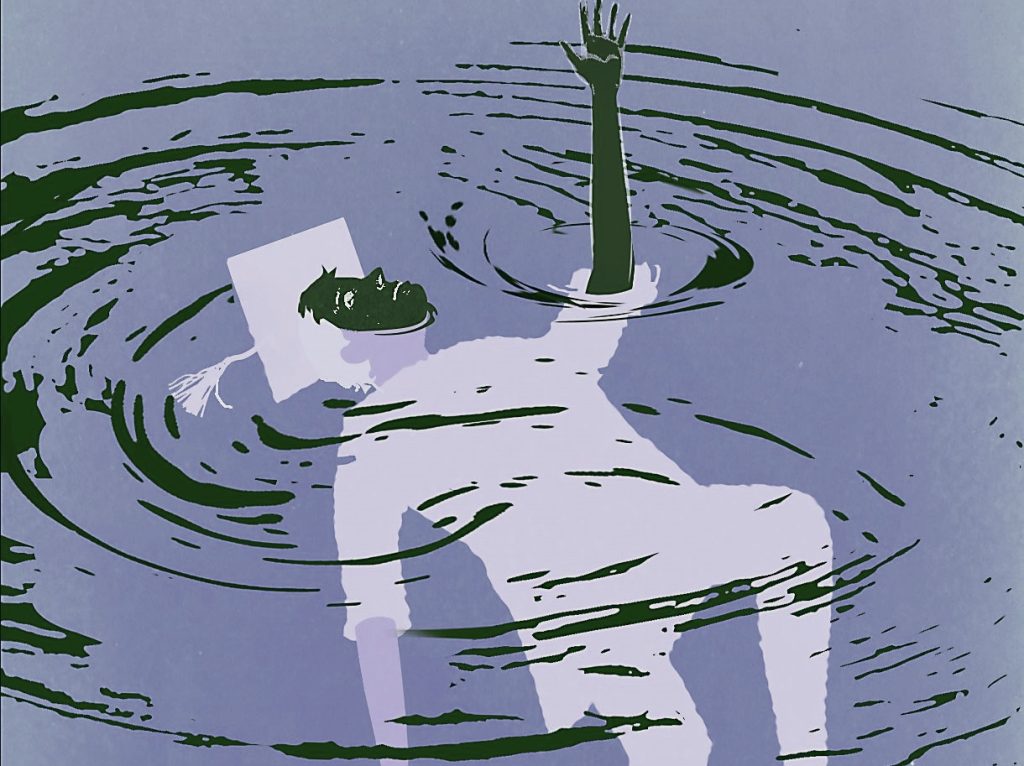Section 523 of the Bankruptcy Code provides that student loans are not dischargeable in bankruptcy. But unpaid tuition is not a student loan. While it is extremely difficult to discharge student loans in bankruptcy, unpaid tuition is dischargeable in bankruptcy.
11 U.S.C. 523(a)(8) provides that, absent undue hardship, a debtor cannot discharge student loans. The bankruptcy discharge does not discharge any debt for “funds received as an educational benefit, scholarship, or stipend.” The Bankruptcy Code also broadly excepts from discharge “any other educational loan that is a qualified education loan.”
Student loans are clearly “funds received”and are therefore nondischargeable. Unpaid tuition, which often includes room and board, does not involve “funds received” by the student. In many cases, therefore, a qualified bankruptcy attorney can discharge unpaid tuition.

When (and When Not) Tuition is Dischargeable in Bankruptcy
How the tuition was incurred determines whether the tuition is dischargeable in bankruptcy. If you did not sign any kind of loan or agreement prior to starting classes, your tuition will likely be deemed dischargeable. On the other hand, if you sign a promissory note to the college or university prior to attending classes, that tuition could be deemed nondischargeable.
In other words, courts are more likely to discharge tuition where a student attends classes without signing any document. Courts are less likely, on the other end, to discharge tuition incurred after a student signs a detailed loan document prior to class attendance. If the bankruptcy court determines that tuition is dischargeable, then the school must release the student’s transcripts.
The law on whether tuition is dischargeable varies from jurisdiction to jurisdiction. When a student does not pay tuition, the student is indebted to the school. But that indebtedness does not make the transaction a loan. See, for example, Cazenovia College v. Renshaw (In re Renshaw), 222 F.3d 82 (2d Cir. 2000). But see McKay v. Ingleson, 558 F.3d 888, 889 (9th Cir. 2009), in which the court found that the “promise to remit the cost of tuition to the College in exchange for the opportunity to attend classes created a debtor/creditor relationship” and was therefore a nondischargeable student loan.
In the very well-reasoned Institute of Imaginal Studies v. Christoff (In re Christoff), 9th Cir. BAP No. NC-14-1336-PaJuTa (3/27/15), the court looked to whether the debtor actually received funds. Section 523(a)(8)(A)(ii) excepts from discharge only those debts that arise from an obligation to repay funds received as an educational benefit. Under this analysis, if a debtor incurs tuition but did not actually receive any funds, then the tuition is fully dischargeable.
Learn Whether Your Tuition is Dischargeable in Bankruptcy
Neither primary school nor high school tuition are loans for “higher education,” as defined by the Bankruptcy Code. So tuition incurred for K through 12th grades will always be fully dischargeable in bankruptcy.
If you have unpaid tuition and are considering bankruptcy, contact Lee Legal for a free financial analysis. We can help you to determine whether your tuition is dischargeable in bankruptcy.
